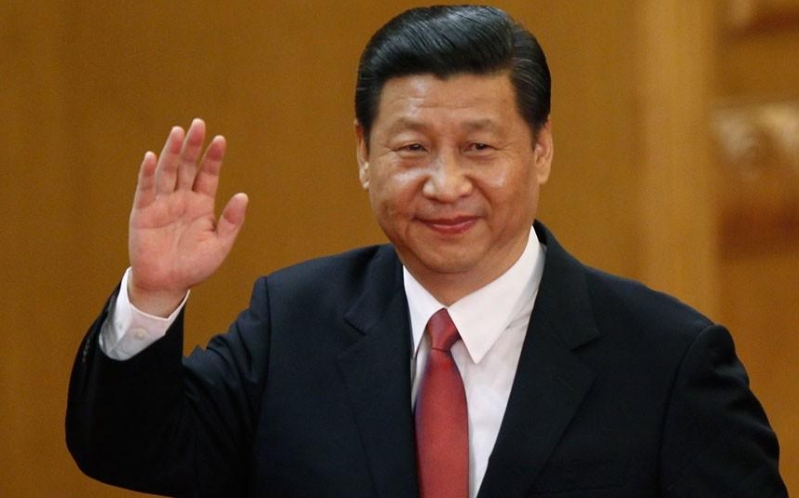
China's president warned Wednesday that religions must be independent from foreign influence as Beijing seeks alternate measures to to control Christianity and its rapid growth within the country.
"We must manage religious affairs in accordance with the law and adhere to the principle of independence to run religious groups on our own accord," President Xi Jinping said at a high-level party meeting that sought to unite non-Communist Party groups and individuals, CTV News reports.
"Active efforts should be made to incorporate religions into socialist society," Xi said, adding that the party's religious work should be about winning over the hearts and minds of the public for the party.
Since the establishment of the country's religious policy in the 1990s, China's communist government has expressed fear that hostile foreign forces can use religions to "infiltrate Chinese society by winning over the population and subverting party rule". Consequently, it has banned foreign missionary work, refused to acknowledge any appointment by foreign religious entities such as the Vatican, and declared any unregistered religious groups, such as underground churches, illegal.
Last year, authorities in the eastern Chinese province of Zhejiang, also known as China's Jerusalem because of its heavily Christian population, began forcibly removing Christian crosses from more than 400 churches and other buildings in an attempt to minimize the rapidly growing religion's visibility.
According to a report by The New York Times, the government recently imposed strict guidelines for where and how churches in Zhejiang can display crosses. Among other guidelines, the 36-page directive states that the crosses must be placed "on the facades of buildings, not above them."
It also stated that the color must blend with that of the building and that they must be small, and no more than one tenth the height of the building's facade. The draft regulation also details architectural limits for Christian establishments.
Chinese officials claim the campaign is an attempt to rid the region of "illegal structures" and has nothing to do with religion. "There is no such thing [as an anti-church campaign]," one official was quoted as saying by state media last year.
However, Christians believe the demolitions and subsequent rules are deliberate attacks on their faith.
"This new draft law is just another attempt by the government to legitimize its existing illegal violent campaign of destruction and removal of the cross," said Bob Fu of U.S.-based China Aid. "To continue to forcefully remove and ban the cross on the rooftop of the church buildings demonstrates the Chinese regime's determination to contain the rapid growth of Christianity in China," he said in an email.
Fan Yafeng, director of the Zhongfu Shengshan Research Institute, also said the new draft regulation reflected the government's bid to promote "Christianity with Chinese characteristics" in the country to minimize foreign influences within the church which support democratization.
"Through limiting Christianity's impact in social, public and political realms in China, the government wants to destroy the relationship between Christianity and Chinese democratization," Mr. Fan said, ChristianToday reports.
According to a report by the Christian human rights group China Aid, Christian persecution reached record numbers last year.






